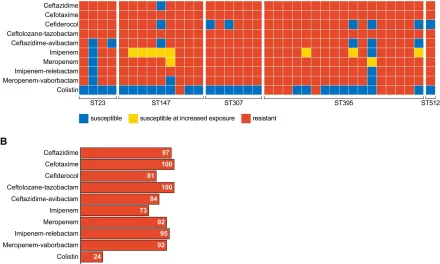New Delhi, August 17, 2024 – With reports of Mpox cases emerging in Sweden and Pakistan, a leading infectious disease expert has called for immediate action by Indian health authorities to implement screening protocols at key airports. The move is aimed at curbing the potential spread of the disease within the country.
Mpox, previously known as Monkeypox, was declared a global health emergency by both the World Health Organization (WHO) and the Africa Centers for Disease Control and Prevention (CDC) this week. The latest outbreak, fueled by the more virulent and deadly Clade 1b strain, has already spread to 13 countries in Africa, with new cases reported in Sweden and Pakistan. The WHO has issued warnings of more cases potentially surfacing across Europe.
In response to this escalating threat, Dr. Gautam Menon, Dean of Research and Professor of Physics and Biology at Ashoka University, urged Indian authorities to take proactive measures. “Mpox is being taken seriously as an international and not purely regional concern. It would be wise at this point for India to screen at airport entry for symptoms and to isolate those who might be infected. We should especially screen travelers from countries which have reported cases of Mpox in the recent outbreak,” Dr. Menon stated.
Dr. Menon emphasized the importance of tracking infected travelers, noting that those who develop symptoms after entering the country should be isolated, and their contacts notified and tested. “Indian medical agencies should ensure that they are at the forefront of what is known about the epidemiology of Mpox, whether one can carry it asymptomatically, and the modes of transmission,” he added.
In a related development, the Indian Council of Medical Research (ICMR) has been conducting a serosurvey since last year to assess the risk of Mpox among high-risk populations, including HIV patients, within India. This ongoing research is crucial in understanding the potential impact of the disease in the country.
Responding swiftly to the threat, Tamil Nadu’s Directorate of Public Health (DPH) and Preventive Medicine issued directives on Friday, instructing Airport Health Officers and Port Health Officers to maintain high vigilance, particularly for passengers arriving from the Democratic Republic of Congo and other Central African nations.
Globally, other countries have also ramped up efforts to prevent the spread of Mpox. China’s General Administration of Customs (GAC) has tightened surveillance at ports of entry, while the Czech Republic’s Ministry of Health has recommended vaccination and preventive measures for those traveling to Mpox-affected areas. In Australia, New South Wales (NSW) Health authorities have urged the community to be vigilant about Mpox symptoms, with 93 cases reported since June.
Dr. Menon noted that while the current understanding is that Mpox transmission requires intimate contact, making it less likely to spread explosively like COVID-19, the evolving nature of the disease demands continuous monitoring and transparency. “Children seem to be harder hit in this outbreak, especially those in crowded, unsanitary conditions such as in refugee camps,” he said, adding that localised outbreaks should be a concern, though a full-scale epidemic may be unlikely.
“Our understanding is still evolving, and it is crucial that we report transparently and collaborate with international partners to stay at the forefront of what is known,” Dr. Menon advised, highlighting the need for ongoing international cooperation in the fight against this emerging threat.
As the global situation unfolds, India’s health authorities face the challenge of balancing vigilance with preparedness, ensuring that the country remains protected against the spread of Mpox.












